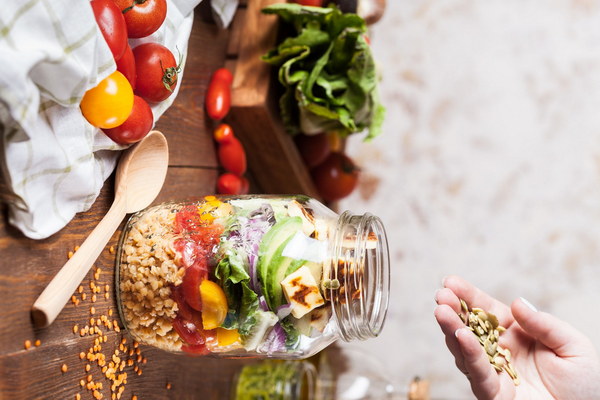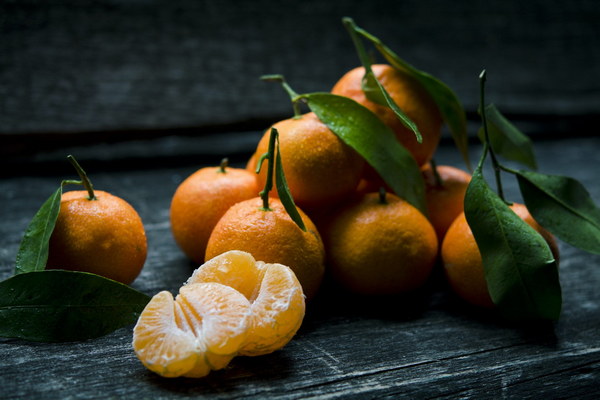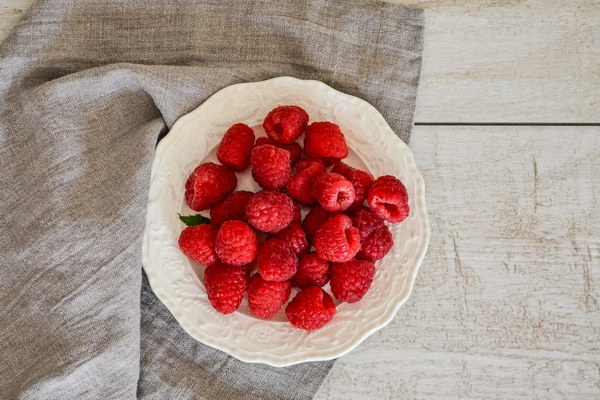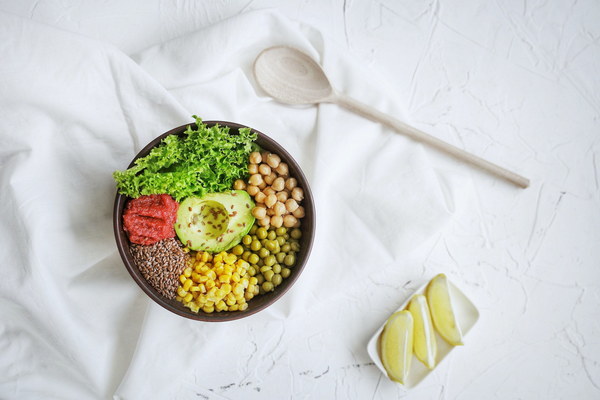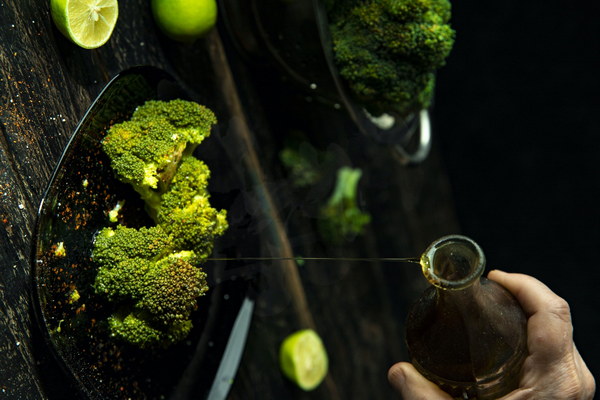Gastric Nourishment Unveiling the Secrets of Medicinal Diet for a Healthy Stomach
In the realm of traditional medicine, the art of healing often lies in the culinary realm. One such practice is the utilization of medicinal diets, which combine the benefits of natural ingredients with therapeutic properties to promote overall health and well-being. Among these, gastric nourishment holds a special place, as it focuses on providing relief and strengthening the stomach. Let's delve into the secrets of medicinal diets for a healthy stomach.
Gastric nourishment, also known as Yi Fei in Chinese medicine, involves the use of specific foods and herbs that are known to soothe and invigorate the digestive system. These natural remedies not only help alleviate symptoms such as bloating, indigestion, and heartburn but also enhance the body's ability to absorb nutrients, leading to a healthier, more vibrant life.
Here are some of the key ingredients and their benefits in the world of gastric nourishment:
1. Ganoderma Lucidum (Reishi Mushroom)
As a revered herb in Chinese medicine, Ganoderma Lucidum is known for its anti-inflammatory, immune-boosting, and stomach-soothing properties. It helps reduce acid production, alleviate gas, and improve overall digestion.
2. Ginger (Zingiber Officinale)

This aromatic root is a well-known digestive aid. Ginger contains gingerols, which can help calm the stomach, reduce nausea, and improve digestion. It is often used in the form of ginger tea or added to various dishes.
3. Green Tea (Camellia Sinensis)
Green tea is packed with antioxidants and compounds that can aid in digestion. It helps stimulate the production of stomach acid, which is essential for breaking down food and absorbing nutrients.
4. Cinnamon (Cinnamomum Zeylanicum)
Cinnamon is a warming spice that can help soothe an upset stomach and improve digestion. It also has anti-inflammatory properties, which can help reduce stomach pain and bloating.
5. Mint (Mentha)
Mint is a versatile herb that can be used to alleviate symptoms of indigestion and heartburn. Its cooling properties can help soothe the stomach lining and reduce bloating.
6. Chamomile (Matricaria Recutita)
This gentle herb has been used for centuries to calm an upset stomach and relieve anxiety. Chamomile tea is particularly beneficial for those suffering from irritable bowel syndrome (IBS) or other gastrointestinal issues.
To create a medicinal diet for gastric nourishment, you can combine these ingredients in various forms, such as teas, soups, stews, or smoothies. Here's a recipe for a soothing and nourishing ginger and mint tea:
Ginger and Mint Tea Recipe
Ingredients:
- 1-inch piece of fresh ginger, peeled and thinly sliced
- 1 teaspoon of dried mint leaves
- 1 cup of hot water
- Honey or lemon (optional)
Instructions:
1. Place the sliced ginger and dried mint leaves in a teapot or a mug.
2. Pour the hot water over the ingredients and let it steep for 5-10 minutes.
3. Strain the tea and serve hot, sweetening with honey or adding a slice of lemon if desired.
Remember, while medicinal diets can offer relief and promote a healthy stomach, they are not a substitute for professional medical advice. If you're experiencing persistent or severe gastrointestinal issues, it's essential to consult a healthcare provider for proper diagnosis and treatment.
In conclusion, the secrets of medicinal diets for gastric nourishment lie in the natural ingredients that have been used for centuries to soothe and invigorate the digestive system. By incorporating these healing foods and herbs into your diet, you can achieve a healthier, happier stomach and overall well-being.
